Langley: The Utah Inland Port Authority Works Against Salt Lake Citizens
Shipping containers are lined up at the Salt Lake City Intermodal Terminal (SLCIT) in Salt Lake City, Utah on Monday, October 4, 2021. (Photo by Brooklyn Critchley | The Daily Utah Chronicle)
September 26, 2022
Heat waves, waning water sources and toxic dust have stoked anxieties here in the west. In Salt Lake City, record-breaking temperatures this month have made us all quite uncomfortable. For some, they’ve been deadly.
Despite these trying times, the Utah state government has cleared construction for an inland port which aims to expand our economy. This project, headed by The Utah Inland Port Authority, would cover an area of more than 20,000 acres near the shores of the dwindling Salt Lake. What was once land untouched by urban sprawl will be covered in rough concrete and cold steel, all so that the port can send locally made products to our more lucrative neighbors in California and international markets.
The Utah government made this decision despite enormous criticisms from environmentalists and citizens alike, including issues regarding the loss of local control, the lack of transparency from the state and many ensuing environmental injustices.
Utah has made a great mistake by putting economic growth ahead of our citizens, environment and right to equity under this nation’s policies. The proof is no more evident than common sense.
Environmental Implications
Experts consistently rank Salt Lake City as having some of the worst air quality in the world. This extraordinary pollution is due to the region’s geography, which rampant car use makes even worse. Regardless, our government finds it acceptable that the port will increase automobile trips by an estimated 34,600 per day. Industrial-sized shipping trucks comprise about a third of these trips. Besides worsening the already dense traffic on I-80 and I-15, this will undoubtedly affect local air quality.
Professor Kevin Perry, an atmospheric scientist at the University of Utah, dug deeper into the problems associated with increased automobile use.
“The inland port, which will rely very extensively upon diesels for trucks and trains and that sort of thing, has the potential to dramatically increase the particle concentrations in that region of the valley,” Perry said.
The area to which Professor Perry refers is, in his own words, “… a part of the Salt Lake Valley that is already impacted by industry and by the tailings pile and by the lake itself.” Alongside tailing pipes, which are building-sized mounds of industrial waste from mining operations, carbon emissions and arsenic dust from the lakebed threaten our city’s health. If this egregious activity continues, the western side of Salt Lake City will become a polluted wasteland. Citizens, young and old, will choke on the poisonous air, and representatives will only watch. Ecological collapse is one mistake away.
Many also worry about the water health of Salt Lake. The position of the inland port lies where the water table is naturally high. This means that pollutants such as oil, antifreeze and other deadly chemicals can quickly spread into the lake. Along with construction-induced habitat destruction, this pollution may disrupt the lives of around 10 million annual migratory birds and introduce invasive species.
State Overreach and Transparency
To make matters worse, the Utah Legislature did all of this without the city and its citizens’ consent, literally shutting them out of the room where officials made the decision. While closing the doors to a sub-committee meeting is morally questionable, it’s legal in Utah. The state has also taken the city’s claim of up to 100% of property taxes in the area. These taxes would have gone to Utah’s already minuscule budget for schools and libraries, but God forbid we give our children the tools to fix these catastrophes.
On top of being stolen from local officials, the decision was suspiciously shrouded in mystery. A few nights before the Utah Legislature passed the bill, lawmakers, who had no time to read the document thoroughly, also passed a massive rewrite without question. These changes were majorly hostile to the city’s rights and interests.
Fight for Environmental Justice
To add salt to the wound, construction will commence on land once sacred to the Ute, Goshute and Shoshone tribes. Before European colonization, the tribes cared for the wetlands in the area. Many also believe the region to be the site of many ancestral burial sites. Despite an old Salt Lake City landfill already comprising a portion of the land, protests have erupted to defend the land against further destruction. Predictably, the state has ignored the pleas of our local tribes. For the unjust, exploitation is easier than kindness.
Other marginalized groups also stand to suffer from the port’s construction. Diverse neighborhoods are more likely to suffer than upper-class or white neighborhoods due to their proximity. On top of the airport, interstates and several industrial developments, minorities in Salt Lake City bear the brunt of environmental injustices in this city.
Many struggle to know what solutions we have available to us. But if one thing is clear, it’s that this port’s construction is not one of them. Our government works to our detriment, either intentionally or out of incompetence. Without our consent, they have left us unheard by those we have elected as our representatives. They seem to have entirely forgotten their responsibility and instead pursue selfish gains. Their actions demonstrate how little they care for our most oppressed members of society.
It is our responsibility to condemn these cruel and thoughtless decisions. Whether that be by vote, protest or whatever means we have to defend this land and our neighbors, friends and family.


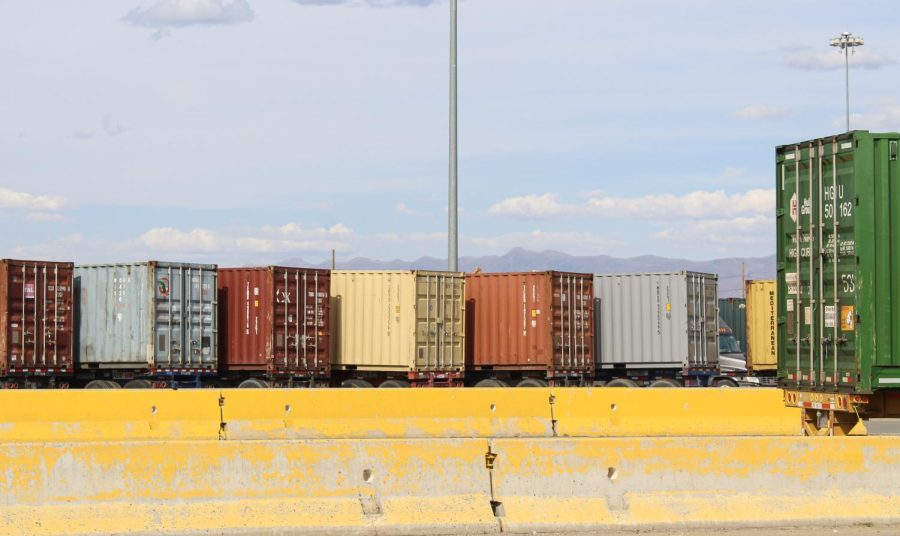


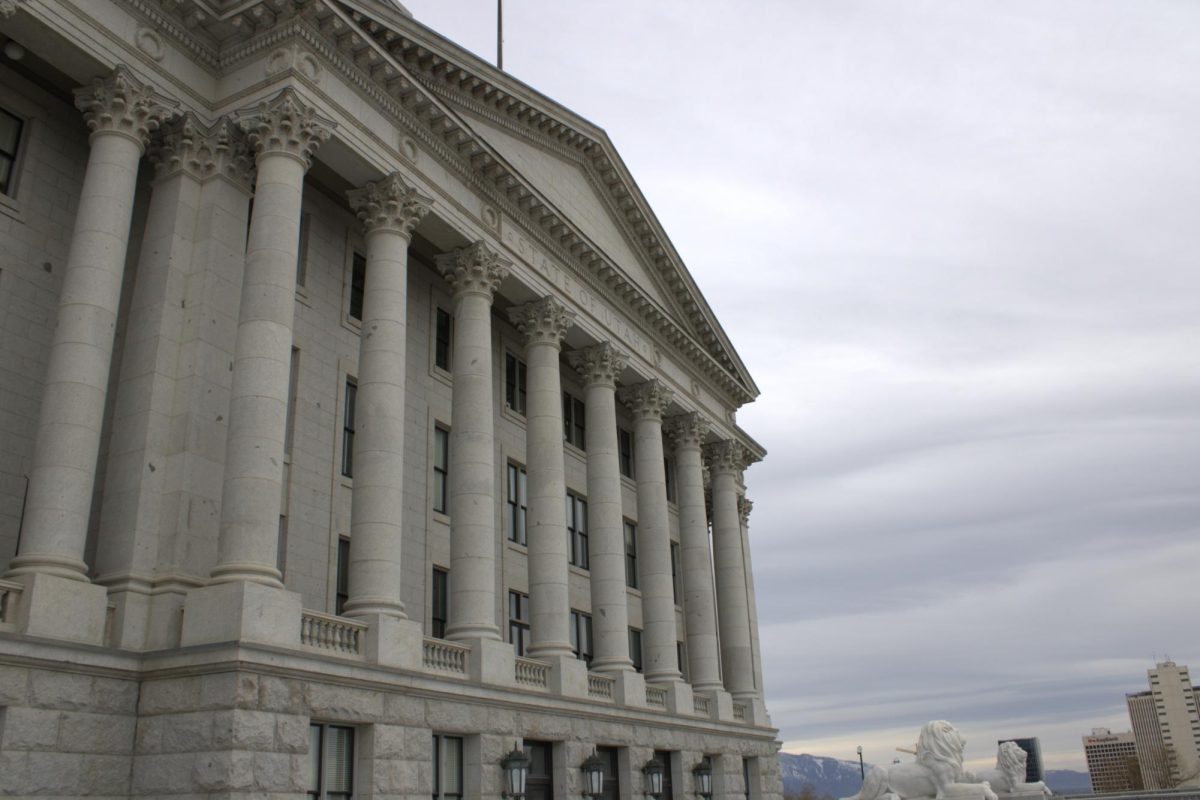
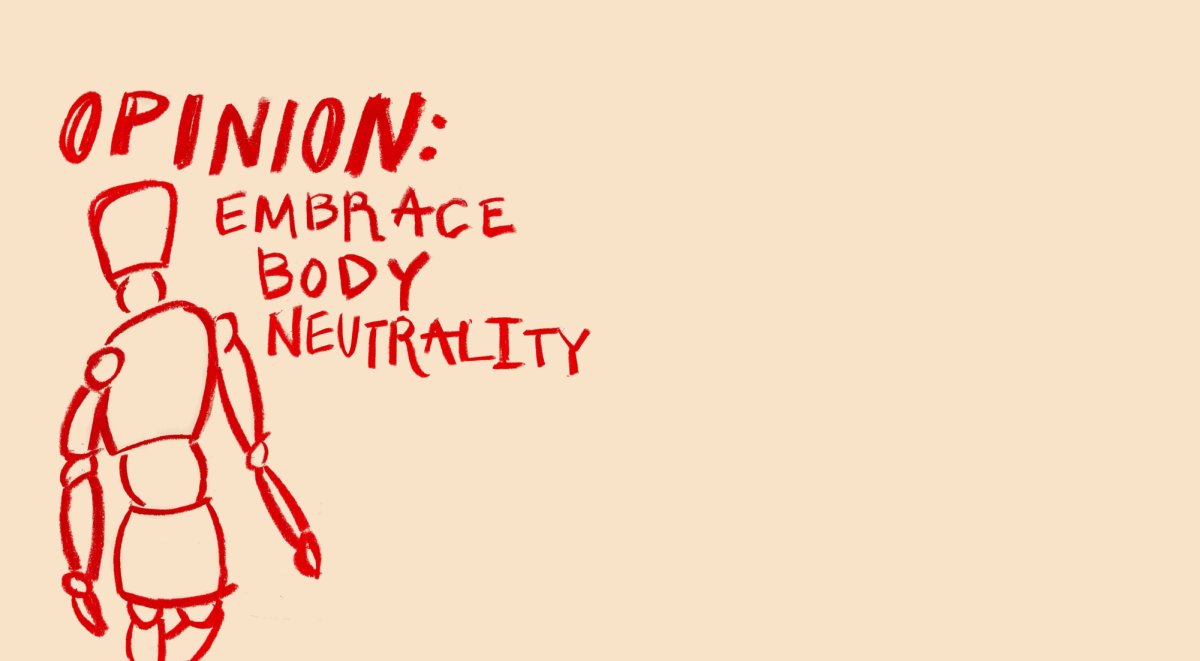
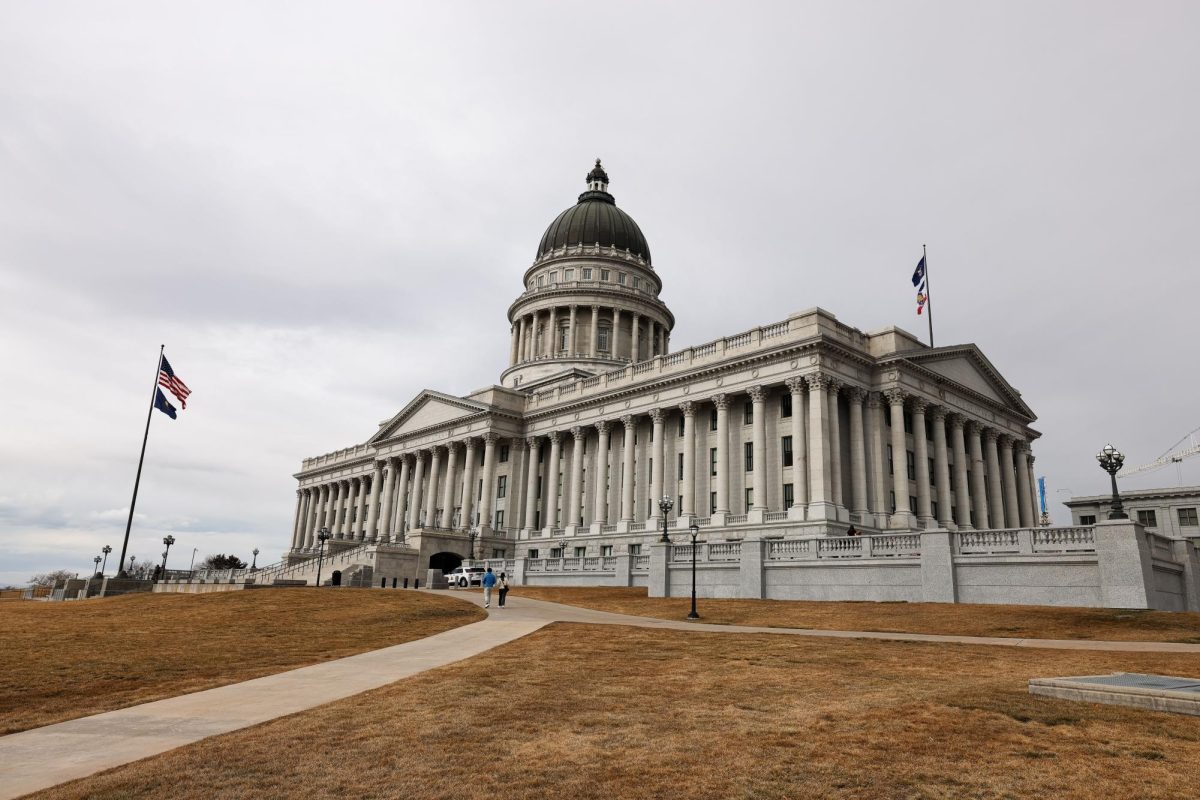

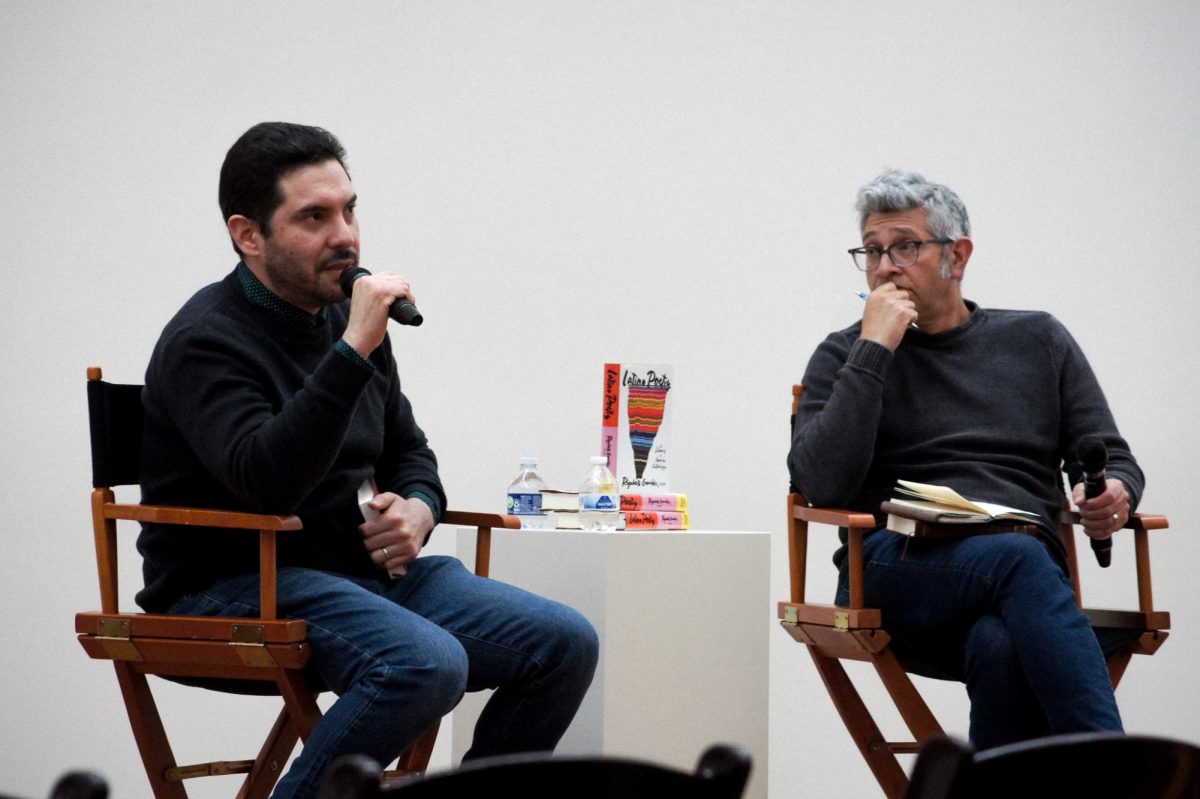




Stan • Sep 30, 2022 at 2:34 pm
Many Utahns don’t realize that the Utah Inland Port Authority has for several years been establishing a statewide network of satellite ports. Currently, the most advanced is “Port 15” at Cedar City (Iron County), with Tooele, Sevier, and Carbon developing affiliated ports. Last week, Washington County passed a resolution to join Iron and Beaver counties in a satellite ports coalition. This has been happening while all the public attention has been directed toward the central port in Salt Lake City.
Ash • Sep 27, 2022 at 8:11 pm
We do not have the resources for the population growth we are experiencing, let alone economic growth from something like this.
If there is archaeological evidence discovered, then that could potentially bring in legal protections and further public support to protect the area. Is there a way to survey this area for archaeological significance before construction?